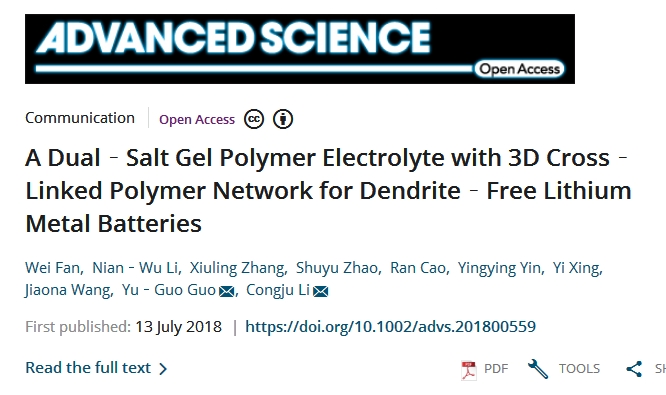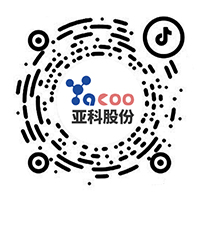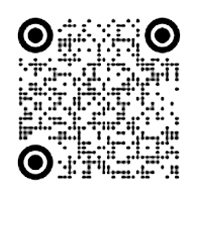Search Product
Structure Search
Search
Advantage Products
Location: Industrial Info
A new way to inhibit lithium dendrites—Gel polymer electrolyte
2018-07-30
来源:转载自第三方
30 July 2018
Recently, researchers from the Beijing Institute of Nano-Energy and Systems of the Chinese Academy of Sciences and the Institute of Chemistry of the Chinese Academy of Sciences have jointly developed a dual-lithium salt system gel polymer electrolyte to solve the problem of contact between the electrode and the polymer film and the lithium dendrite. Related papers are published in the international journal Advanced Science [1] entitled "A Dual-Salt Gel Polymer Electrolyte with 3D Cross-Linked Polymer Network for Dendrite-Free Lithium Metal Batteries".

Lithium metal batteries have shown great potential and broad application prospects in energy storage due to their high energy density (3860 mAh/g). However, conventional liquid electrolytes have defects such as complex reactions at the solid/liquid interface, thermodynamic instability, volatile leakage, fire and even explosion, and growth of lithium dendrites, which severely limits the practical application of lithium metal batteries. Solid or gel electrolytes are believed to be the most promising candidates for inhibiting lithium dendrite growth, and they are limited by low room temperature conductivity and interfacial contact problems of the electrolyte with the electrodes.
In this study, the researchers designed a dual-salt LiPF6-LiTFSI gel polymer electrolyte with a 3D crosslinked polymer network to solve these problems. They obtained a gel polymer electrolyte of a double lithium salt system by dissolving LiPF6-LiTFSI in a polymer solution of ETPTA and PEGDA in situ and polymerizing on a cellulose film. The gel electrolyte of the double lithium salt system exhibits high ionic conductivity (0.56 mS cm-1 at room temperature) and builds a stable and electrically conductive SEI on the surface of the lithium metal. After the battery is cycled, there is no obvious lithium dendrite growth on the surface of the lithium sheet, and 87.93% capacity retention can still be achieved after 300 cycles.
Compared with the single lithium salt, the double lithium salt system improves the room temperature conductivity of the electrolyte, provides a new idea for the design and preparation of the polymer electrolyte in the future, and also provides a solution for inhibiting the growth of lithium dendrites and improving the cycle performance of lithium metal batteries. A new method.
Reference
[1] Wei Fan, Nian-Wu Li, Xiuling Zhang, et al. A Dual-Salt Gel Polymer Electrolyte with 3D Cross-Linked Polymer Network for Dendrite-Free Lithium Metal Batteries, Advanced Science, 2018, DOI:10.1002/advs.201800559.
Related links: LiPF6
Edited by Suzhou Yacoo Science Co., Ltd.
如果涉及转载授权,请联系我们。












